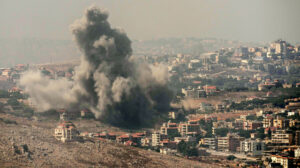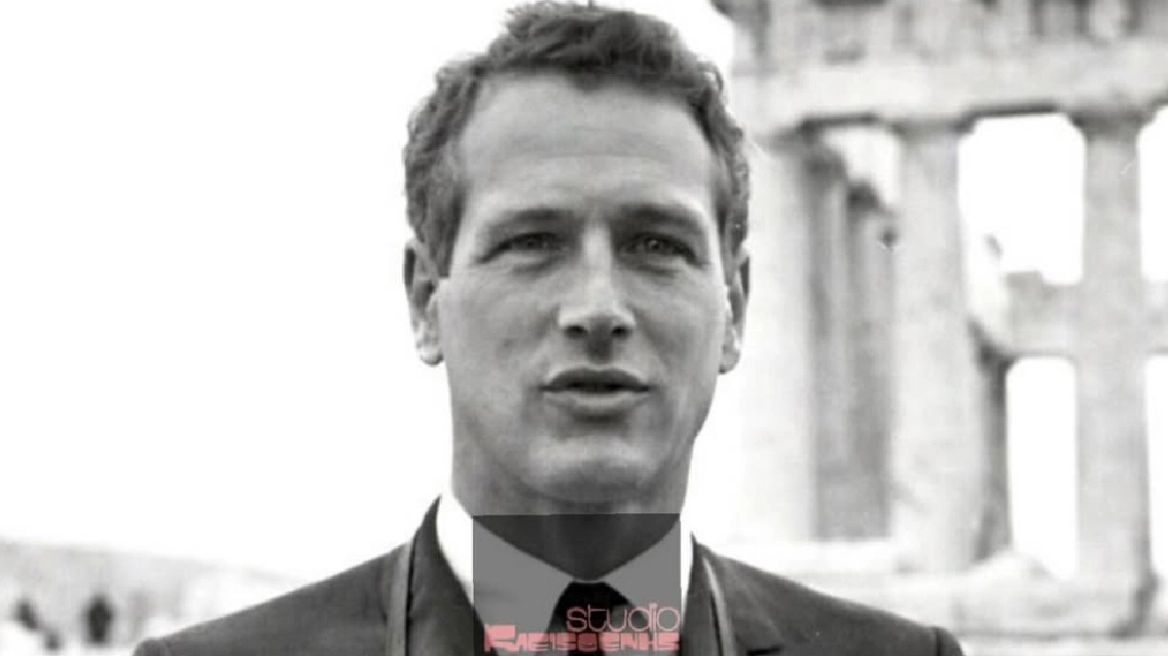At least one woman was killed and several others were injured when Israeli soldiers in southern Lebanon opened fire today on people attempting to return to the town of Houla near the border, despite the ceasefire, according to Lebanon’s state news agency. Meanwhile, the Israeli military announced that it had carried out new airstrikes in Lebanon today, targeting Hezbollah military positions where rocket launchers and weapons were located.
These incidents come amid heightened tensions in Lebanon, as the February 18 deadline approaches for the withdrawal of Israeli troops from southern Lebanon, as stipulated in the Israel-Hezbollah ceasefire agreement.
Qassem: Israeli Troops Must Withdraw by February 18
In a speech today, Naim Qassem, a leader of the armed Shiite movement, stated that it is up to the Lebanese government to pressure Israel to withdraw its troops from southern Lebanon by the Tuesday, February 18 deadline, insisting that Israel has “no excuse” to maintain any military presence in southern Lebanon.
Qassem warned that any Israeli military presence on Lebanese soil beyond February 18 would be considered an occupying force. “Everyone knows how an occupation is dealt with,” he said, though he did not explicitly threaten that Hezbollah would resume attacks against Israel.
IDF: Precision Strikes on Hezbollah Facilities
This afternoon, the Israeli military released a statement saying that “a short while ago, (the army) carried out intelligence-based precision strikes on military sites in Lebanese territory where rocket launchers and weapons were located, as well as areas identified as Hezbollah activity zones.” The statement did not specify the exact locations of the strikes.
Lebanon’s state news agency reported that Israeli warplanes launched three airstrikes in the Bekaa Valley in eastern Lebanon. “Enemy warplanes carried out two strikes on the outskirts of the village of Kharbata and a third strike on the village itself,” located in the northern part of Bekaa.
The Israeli military has been conducting similar strikes in recent days.
Fighting at the Israel-Lebanon Border
Hostilities along the Israel-Lebanon border began shortly after the outbreak of war in October 2023 between Israel and Hamas in Gaza, with Hezbollah claiming its attacks on Israel were in support of the Palestinians in Gaza.
The escalation of clashes last September led to two months of all-out war, with intense Israeli bombardment of Lebanon. The war ended on November 27 with a ceasefire agreement between the warring parties.
Under the agreement, the Israeli military was supposed to have already completed its withdrawal from southern Lebanon, leaving only the Lebanese army and UN peacekeepers in the area. However, the U.S., which is part of the ceasefire monitoring committee, announced that the withdrawal deadline had been extended to February 18.
Israel Seeks to Maintain Troops in Southern Lebanon
Sources told Reuters last week that the Israeli military has requested to keep troops stationed at five locations in southern Lebanon beyond the deadline. Israeli media reported on Wednesday that the U.S. had approved a “long-term” Israeli military presence in southern Lebanon.
Netanyahu: “We Will Do What We Must”
Today, Israeli Prime Minister Benjamin Netanyahu, speaking at a press conference following a meeting with U.S. Secretary of State Marco Rubio in Jerusalem, stated that Israel would do “what it must” to ensure the ceasefire in Lebanon is upheld.
“Hezbollah must be disarmed, and Israel would prefer that the Lebanese army take control. But no one should doubt that Israel will do what it must to uphold the ceasefire and defend our security,” Netanyahu said.
Ban on Iranian Flights and Protests
Against this backdrop, last week, Lebanese authorities banned Iranian flights from landing at Beirut International Airport until February 18, following Israeli accusations that Tehran was using civilian aircraft to transport cash to Beirut to arm Hezbollah.
In a statement today broadcast by Hezbollah’s Al-Manar TV, Qassem also claimed that the Lebanese government’s decision to ban Iranian flights was made “under Israeli orders.”
Hezbollah supporters have held protests in recent days against the flight ban, blocking roads leading to the Lebanese capital’s international airport.
Attack on UN Peacekeepers’ Convoy
As part of these protests, on Friday, the outgoing deputy commander of UNIFIL was injured when a convoy carrying UN peacekeeping forces to Beirut Airport “came under violent attack” on a road blocked by Hezbollah supporters near Beirut.
Lebanese authorities have arrested more than 25 people in connection with the attack.
Hezbollah Condemns Attack on UN Convoy
Hezbollah today condemned the attack on the United Nations peacekeeping force (UNIFIL) convoy, which, according to the U.S. State Department, was “reportedly carried out by a group of Hezbollah supporters.”
Clashes at Beirut Airport
On Saturday, another Hezbollah demonstration outside the airport was met with tear gas by Lebanese security forces.
Qassem also called for a large turnout at the funeral scheduled in Beirut on February 23 for Hassan Nasrallah, the Hezbollah leader who was killed in September by an Israeli airstrike in Beirut’s southern suburbs.
Hezbollah Weakened After War with Israel
Long a dominant force in Lebanon’s political landscape, Hezbollah emerged weakened from the war with Israel, as its leadership was largely decimated. Furthermore, the downfall of Syrian President Bashar al-Assad’s regime, a key Hezbollah ally, has dealt a blow to the group’s supply lines for weaponry.
Ask me anything
Explore related questions





